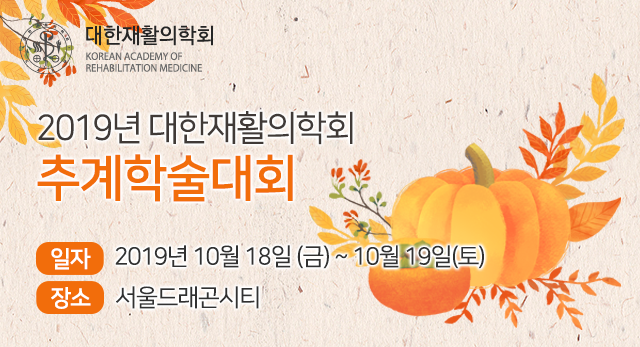| 제목 |
Differences in corticoreticulospinal tract injury according to whiplash in mild TBI patients |
| 소속 |
Yeungnam University Medical Center, Department of Rehabilitation Medicine1 |
| 저자 |
Sung Ho Jang1†, Young Hyun Kwon1†, Seung Hwa Jang1*† |
Objectives: This study investigated differences in postural control ability (PCA) and corticoreticulospinal tract (CRT) injury severity according to whiplash in patients with mild traumatic brain injury (mTBI).
Methods: Thirty-one patients with mTBI and 21 healthy control subjects were recruited for this study. The balance error scoring system (BESS) was used for PCA assessment. Based on their history of whiplash, the patients were classified into two groups: group A – mTBI with whiplash injury and group B – mTBI without whiplash injury. Fractional anisotropy (FA), apparent diffusion coefficient (ADC), and tract volume (TV) values were estimated for the reconstructed CRTs in all subjects.
Results: Significant differences were observed among the total BESS scores of patient groups A and B and the control group (p < 0.05); the patient group A BESS score was significantly higher than that of patient group B, and that of the patient group B was significantly higher than that of the control group. No significant differences were detected in the FA and ADC values of the CRTs of the two patient groups and the control group (p > 0.05). However, the TV values of the CRT showed significant differences; the TV of patient group A was significantly lower than that of patient group B and the control group, and that of patient group B was significantly lower than that of the control group (p < 0.05).
Conclusions: We observed greater CRT injury severity and PCA impairment in mTBI patients with whiplash than in mTBI patients without whiplash. The results indicate that whiplash can increase the severity of axonal injury in mTBI patients.
|
|
Results of diffusion tensor tractography (DTT) of the corticoreticulospinal tract (CRT). (A) T2-weighted brain magnetic resonance images obtained at the time of diffusion tensor imaging scanning in representative subjects of patient group A (51-year old female), patient group B (49-year old male), and control group (56-year old male); none of the images show an abnormality. (B) Results of DTT of the CRT: the CRTs in the group A patient (green arrows) is narrower on both sides than those of the group B patient (yellow arrows). The CRTs of the group B patient (yellow arrows) are narrower on both sides compared to those of the control group.
|










